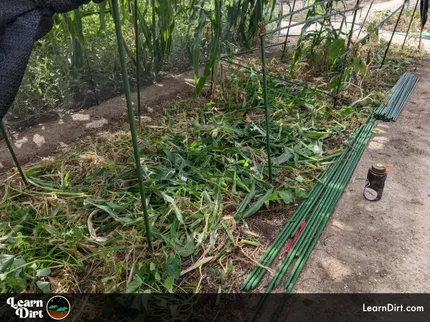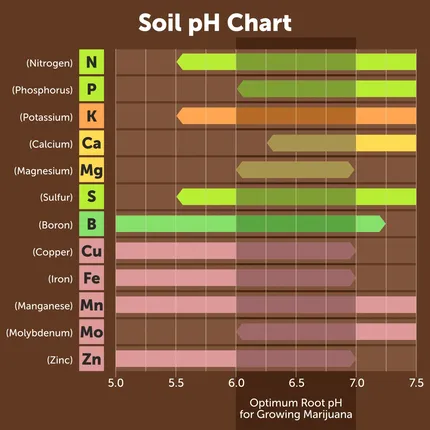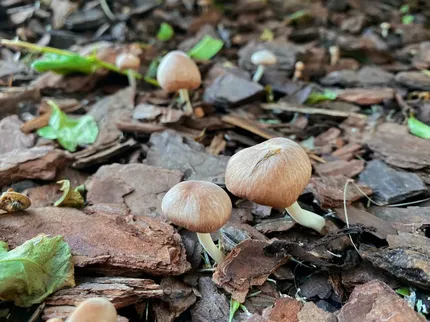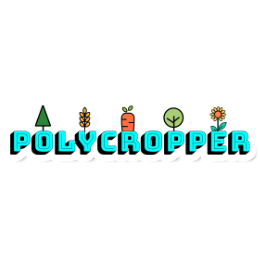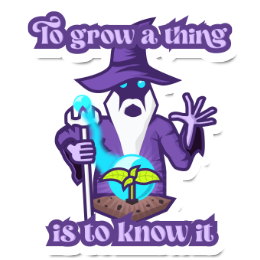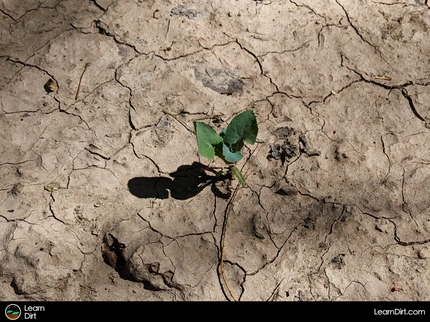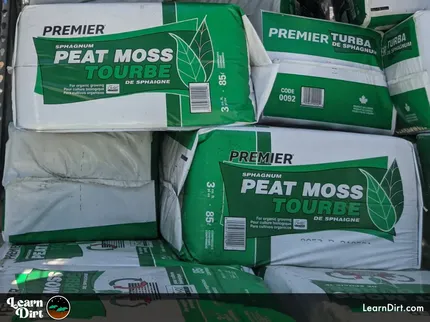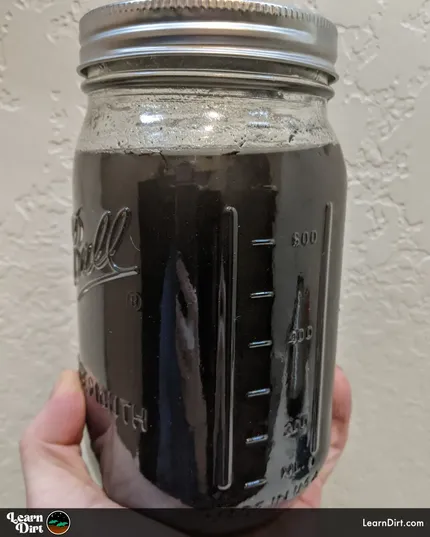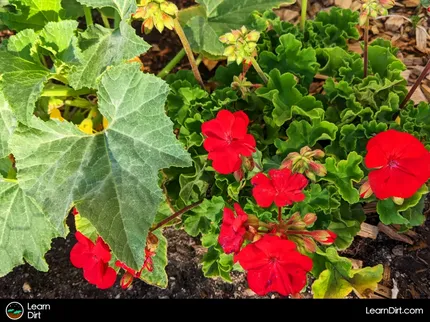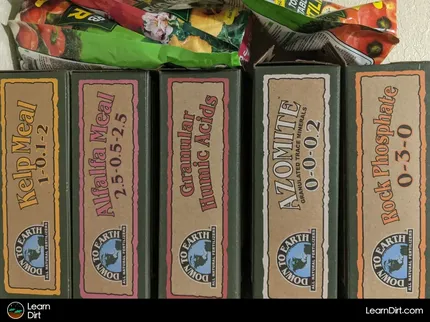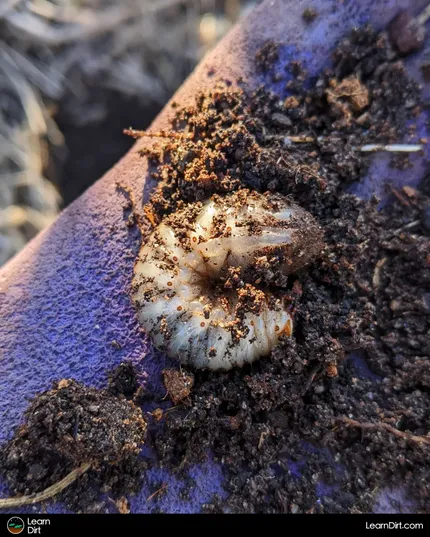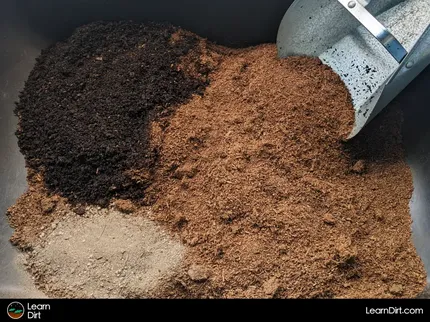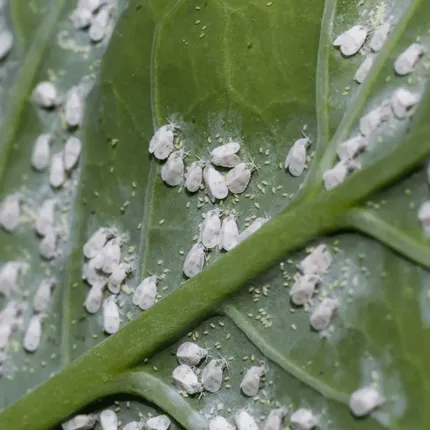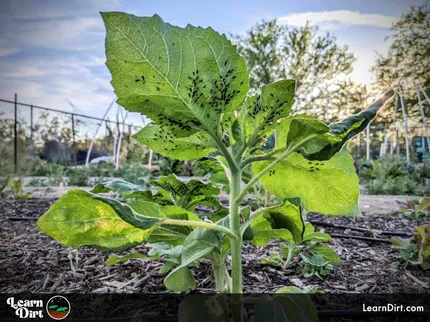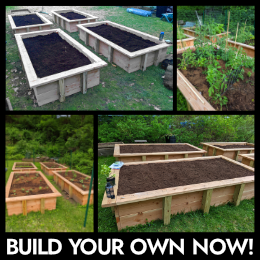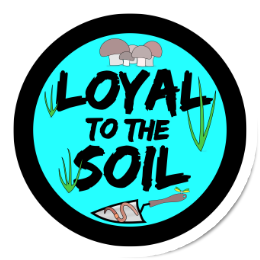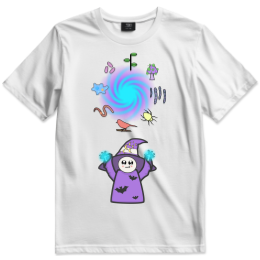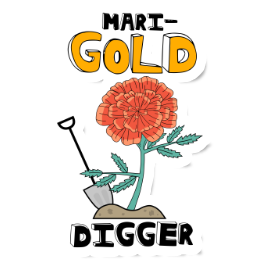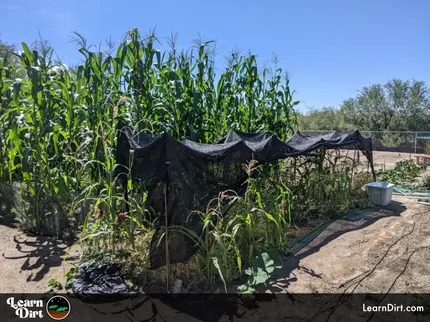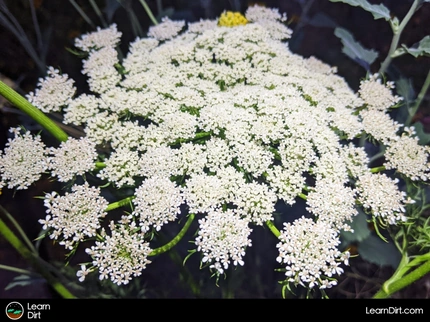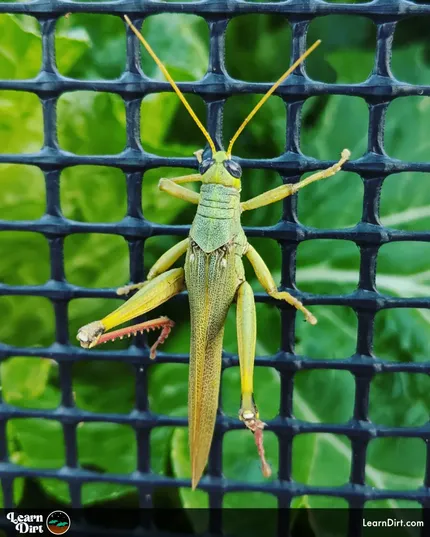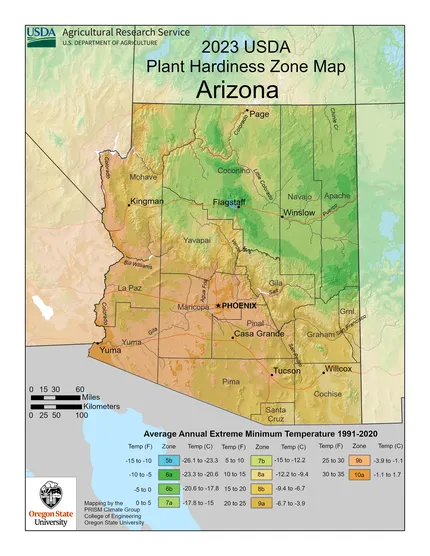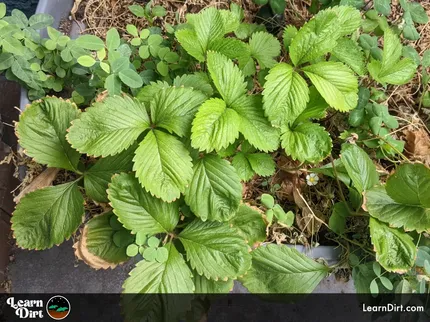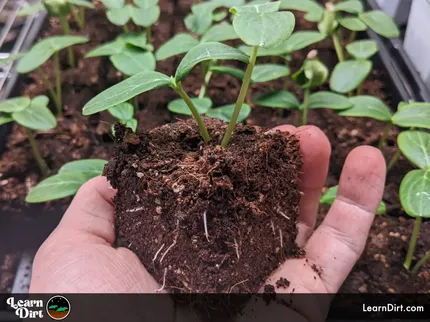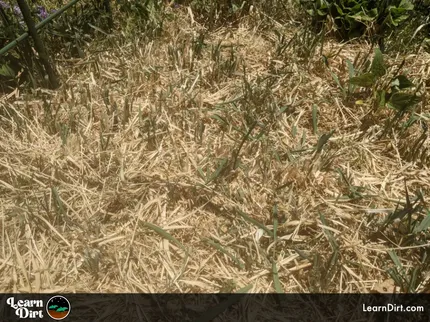Table of Contents
- What Is Organic Gardening?
- History of Organic Gardening
- Organic Gardening Paradigms
- Organic Compost
- Organic Gardening Supplies
* Our articles never contain AI-generated slop *
Welcome to our guide to organic gardening!
If you're new to growing organically or are interested in getting into it, settle in and get comfy because we'll go over everything you need to know about growing without any synthetics.
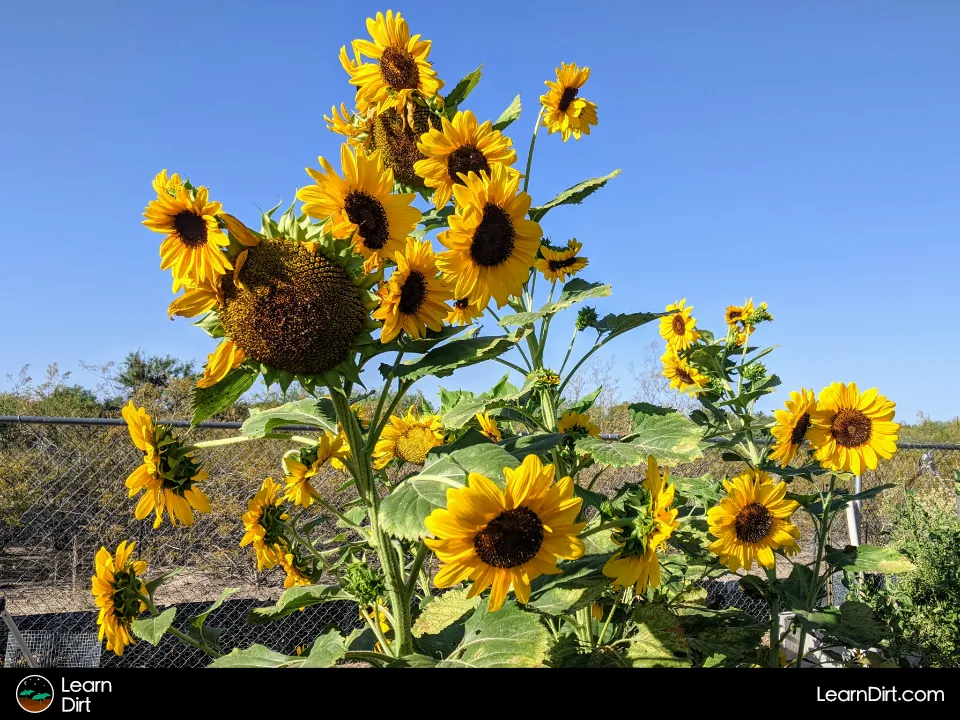
What Is Organic Gardening?
Organic gardening is gardening without any synthetic inputs.
Disclaimer: This post may contain affiliate links. Refer to the privacy policy for more information.
This means that anything added to an organic garden has been harvested, collected, cultivated, or mined - but not produced chemically in a laboratory.
While this definition is simplified and misses some nuance, it's enough to get you thinking in the right direction to understand organic.
Let's dive a little deeper and see how organic and synthetic growing methods compare...
History of Organic Gardening
Our earliest records of human agricultural practices date back some 10,000 years or more to the neolithic, when our ancestors slowly began to transition from hunting and gathering to cultivation.
In contrast, synthetic fertilizers only came into use in the mid-1800's and synthetic pesticides and herbicides in the mid-1900's.
That's about 175 years of synthetic agriculture, vs roughly 10,000 years of organic agriculture. Some 98% of our agricultural history has been completely organic and free from synthetics.
Join The Grower's Community
A free & open space for anyone who is passionate about cultivation 🌱
Check It Out!
This helps put into perspective that organic agriculture is the norm, tested tried and true - while synthetic agriculture is the relatively short-lived experiment that's beginning to unravel.
Organic Gardening Paradigms
As your knowledge and understanding of organic gardening grow, multiple paths open up to you in the form of different organic gardening paradigms. These are mindsets and perspectives from which you can choose to look at organic gardening.
As with any paradigm, mindset, or perspective, each one has strengths and weaknesses. No one perspective is best. Rather, one or more may be better-suited to your unique situation, goals, climate, resources, and your own strengths and weaknesses as a grower.
I encourage you to explore all of the mindsets and approaches listed below (and more) and find what works best for you.
The Learn Dirt site is dedicated to exploring all of these perspectives, so feel free to dig deeper into the knowledge base here if you want to push your learning further.
For now, these are some of the most-common organic gardening paradigms you'll encounter:
Regenerative Gardening
Focused specifically on rebuilding soils and regenerating ecosystems, regenerative gardening is an organic gardening perspective which we focus heavily on here at Learn Dirt.
The core idea to regenerative agriculture is that you give more to the soil than you take.
This contrasts with synthetic farming where soils and ecosystems are often destroyed as a side-effect of such intrusive and unholistic management practices.
Regenerative gardening focuses on the soil as the cornerstone of the entire ecosystem. By setting your goal and metric success at soil health, rather than plant health, you can really get to the root of a healthy ecosystem and focus your time an energy there.
Healthy plants and well-balanced ecosystems are seen as inevitably side-effects of healthy soils.
To learn about the regenerative paradigm, check out our Regenerative Gardening Guide.
Organic Compost
While you can buy some bags of organic compost at your local nursery or big box store, I always recommend making your own homemade compost. The quality is unparalleled, and you'll be able to divert some of your food waste into powering your organic garden.
Make learning about compost a top priority if you plan to grow organically, as this knowledge is a cornerstone that will power your garden, soil, plants, and ecosystem.
Check out our compost guides to learn all about it:
- How to Make Incredible Compost
- Composting Cardboard
- The Black Soldier Fly
- Controlling Compost Bioactivity
- Composting in Small Spaces
- How to Cure Compost
- Composting in Arizona
Organic Gardening Supplies
If you're ready to grab some supplies and get started right away, I've grouped some of the essentials into categories below to help you know what you might need.
Organic Potting Soil
If you're growing in pots and planters, a high-quality organic potting soil and some seeds are all you need to get started quick.
Organic Fertilizers
These are listed in order of importance. Any organic garden will benefit from these organic fertilizers. Just sprinkle them on your soil, optionally mix them in a little, and water them in.
- Down To Earth Organic Vegetable Garden Fertilizer
- Down To Earth Alfalfa Meal
- Down To Earth Rock Phosphate
- Down To Earth Kelp Meal
Organic Mulch
That's all for now, thanks for reading!
If you have any questions, comments, or would like to connect with fellow gardeners, head on over to the forum and post there.

